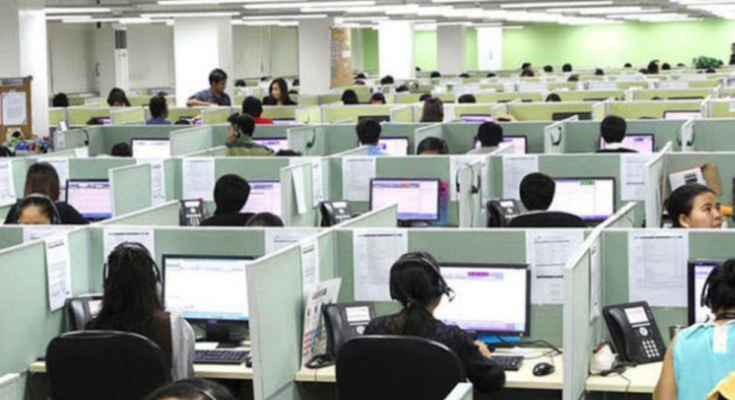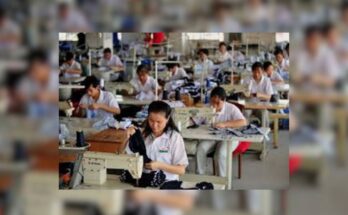NANGANGANIB na mapalitan ng artificial intelligence (AI) ang mga manggagawang Pinoy kung hindi lilipat ang mga ito sa “knowledge-based services” na ngangailangan ng isip at kasanayan ng tao.
Sa kanilang ulat, sinabi ng Association of Southeast Asian Nations (Asean)+3 Macro Research Office o Amro na magkakaroon ng hindi pantay-pantay na impact sa ekonomiya ng mga bansa sa Asean region ang generative AI.
“For example, given the relatively large size of the business process outsourcing service industry in the economy, the Philippines could face a greater risk of worker displacement—primarily those engaged in more routine work—as AI gradually reshapes ICT operations, unless it can move into more knowledge-based services,” paliwanag ng Amro.
“Most economies—especially those with lower technological capabilities—could be more exposed to the potential disruption that comes with the broader adoption of AI technology,” dagdag nito.
Base sa pinakabagong ulat ng US banking giant na Citigroup, lumobo nang siyam na beses ang bilang ng mga trabahong tech-AI habang lumaki naman nang 11.3 beses ang mga trabahong broad AI mula noong 2015.
Ang mga trabahong tech-AI ay “those that need technological skills necessary to run, train and test AI models” habang ang broad AI ay “those that require an understanding of AI technologies but not the ‘hard’ tech skills.”
Dahil sa pagkakaiba-iba ng mga skills ng mga maggagawa sa mga bansa sa Asean ay asahan nang magkakaroon din ng iba-ibang
“distribution of economic benefits from Gen AI, with more developed economies and privileged groups possibly reaping most of the rewards,” dagdag pa ng Amro.





